From Grants to Sustainable Growth: Leveraging CalAIM for Long-Term Success in Community-Based Programs
As community-based organizations (CBOs) in California embark on the transformative journey of the CalAIM program, one of the pivotal challenges they face is ensuring financial sustainability. Historically, many of these programs have been siloed, reliant on grant funding with limited scope for long-term financial planning and scalability. This fragmented approach has often resulted in inconsistent funding, operational inefficiencies, and challenges in managing and filing claims. However, CalAIM's integrated model presents a new opportunity for these organizations to overcome these barriers and achieve financial sustainability.
CalAIM, spearheaded by the California Department of Health Care Services (DHCS), is revolutionizing Medicaid programs by emphasizing a whole-person care approach. This program integrates various services into a cohesive model that addresses individual health needs while managing costs more effectively. The shift from traditional grant-based funding to sustained funding through Medicaid managed care plans (MCPs) offers a more predictable financial model. According to the Center for Health Care Strategies (CHCS), "braiding Medicaid funds to support person-centered care" facilitates a more comprehensive approach to health care funding, ensuring that resources are consistently aligned with the volume of services provided and claims submitted. Many CBOs are providing a variety of services but are not getting reimbursed.
Additionally, incorporating other programs, such as Community Health Workers (CHWs), into the funding model can further enhance the financial sustainability of CBOs. The ability to braid Medicaid reimbursement for CHWs and social services into the funding strategy helps CBOs secure additional resources and support their operations more effectively. This approach highlights how integrating other programs such as CHW programs into others can provide a crucial revenue stream and support sustainable program management.
CEOs of CBOs face significant challenges in managing multiple MCPs, understanding diverse billing rules, and ensuring accurate claims submissions. Recent funding opportunities from the DHCS provide critical support for community-based organizations by offering financial resources to enhance care delivery and operational efficiency. These funds are designed to support improved program outcomes, streamline administrative processes, and promote long-term sustainability. By tapping into these resources, organizations can strengthen their infrastructure, better manage the complexities of integrated care models like CalAIM, and ensure financial stability.
Aztute's Precision Health Platform provides a critical solution in this context. It offers an integrated approach to managing CalAIM programs, from data management and claims processing to real-time reporting. The platform’s scalable solution adjusts costs based on the number of enrolled members, aligning expenses with organizational growth and ensuring financial viability. This integration supports the broader goal of transitioning to a sustainable funding model, as outlined in the funding opportunities and strategic insights available from DHCS and other key resources.
In summary, CalAIM presents a transformative opportunity for CBOs to achieve financial sustainability through a unified, whole-person care approach. By moving from grant-based funding to a program-based model supported by Medicaid managed care, and incorporating additional programs like CHWs, organizations can effectively manage their resources and infrastructure. Aztute's Precision Health Platform is a vital tool in this transition, providing the necessary technology to streamline operations and align costs with growth. Embrace the future of community health with a sustainable and scalable approach, and let Aztute simplify your journey towards financial and operational success.
References:
Center for Health Care Strategies (CHCS). (n.d.). *Braiding Medicaid Funds to Support Person-Centered Care: Lessons from Medi-Cal*. Retrieved from [CHCS]
California Department of Health Care Services (DHCS). (n.d.). *Funding Opportunities Cheat Sheet*. Retrieved from [DHCS]
National Academy for State Health Policy (NASHP). (2021). *State Innovations in Medicaid: Lessons Learned from the First Decade*. Retrieved from [NASHP]
Health Affairs. (2021). *The Role of Medicaid Managed Care in Promoting Health Equity and Whole-Person Care*. Retrieved from [Health Affairs]
American Public Health Association (APHA). (2022). *Integrating Social Determinants of Health into Medicaid Managed Care*. Retrieved from [APHA]



